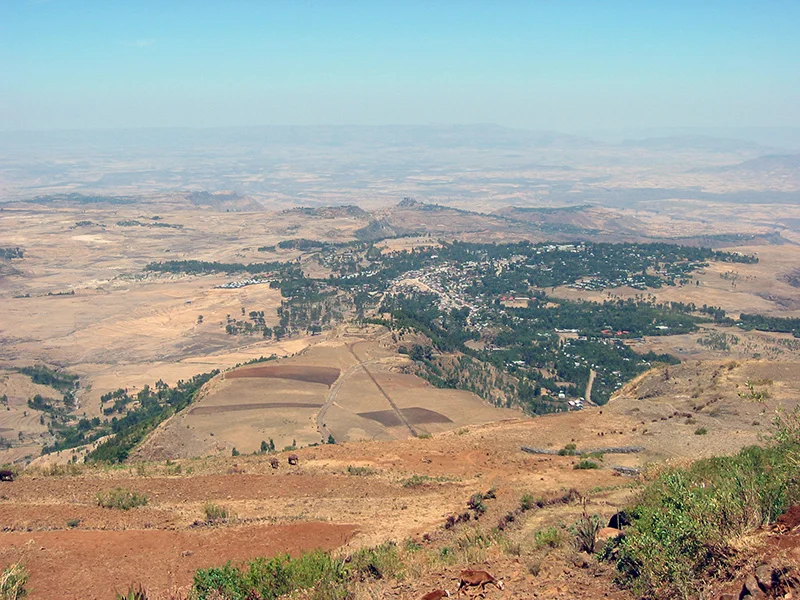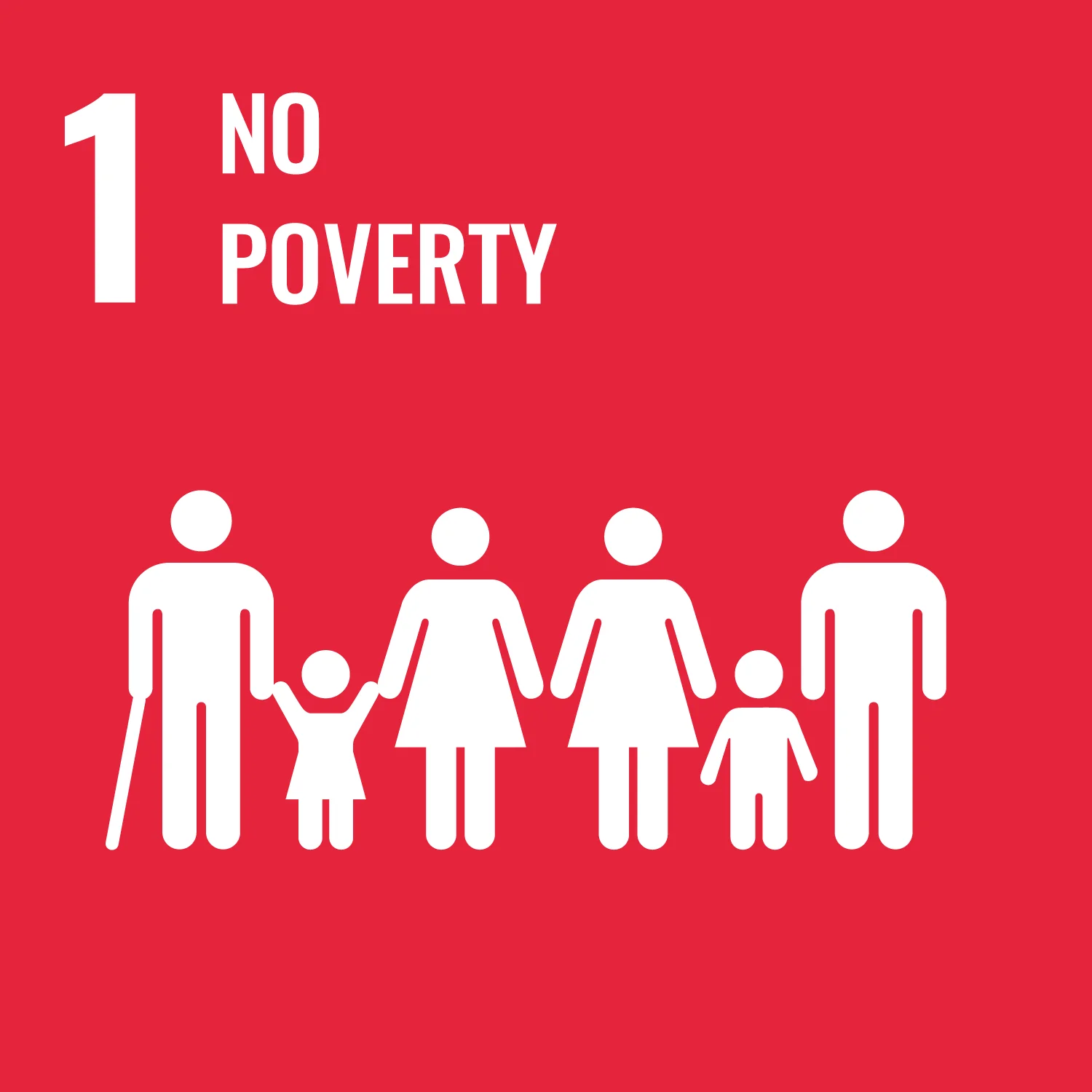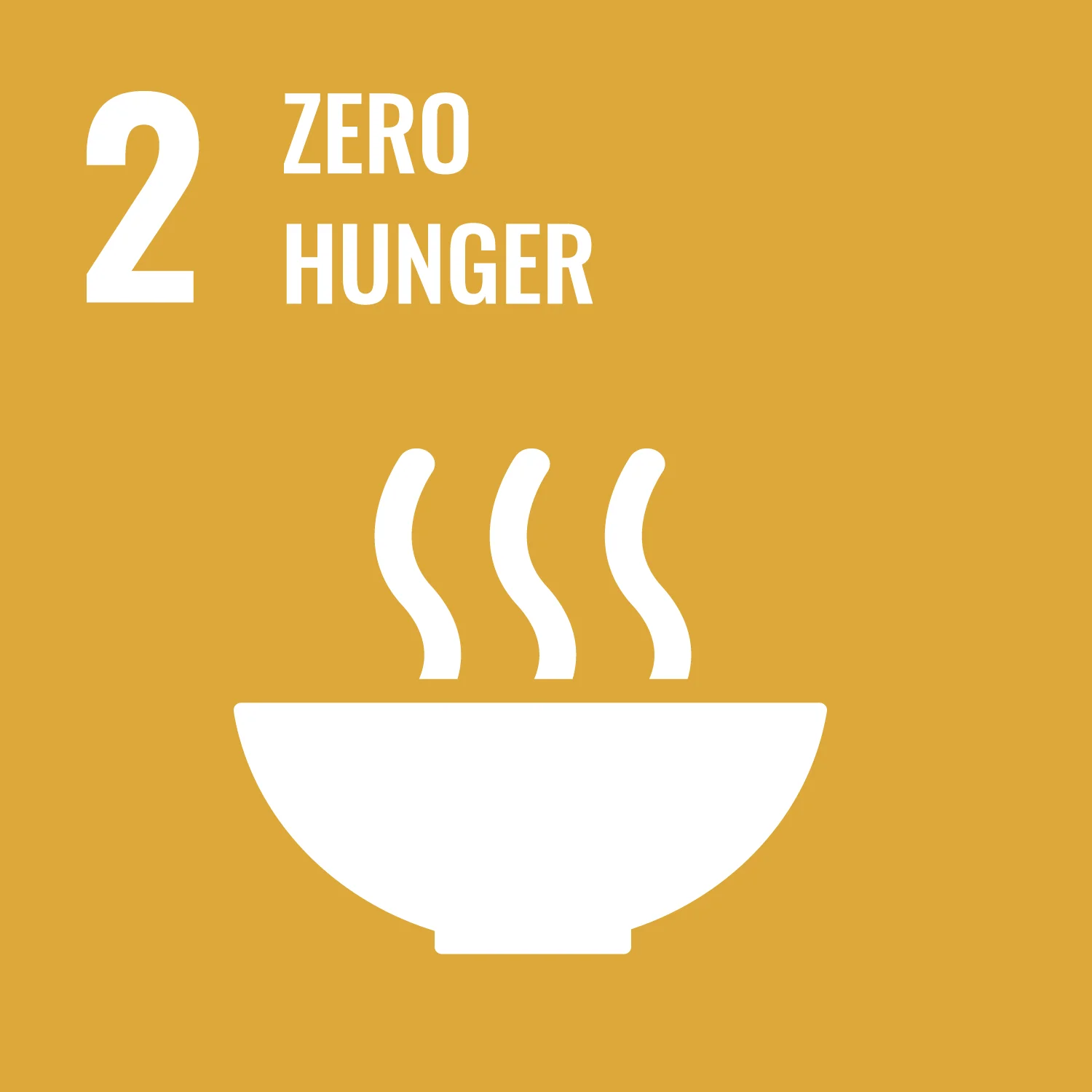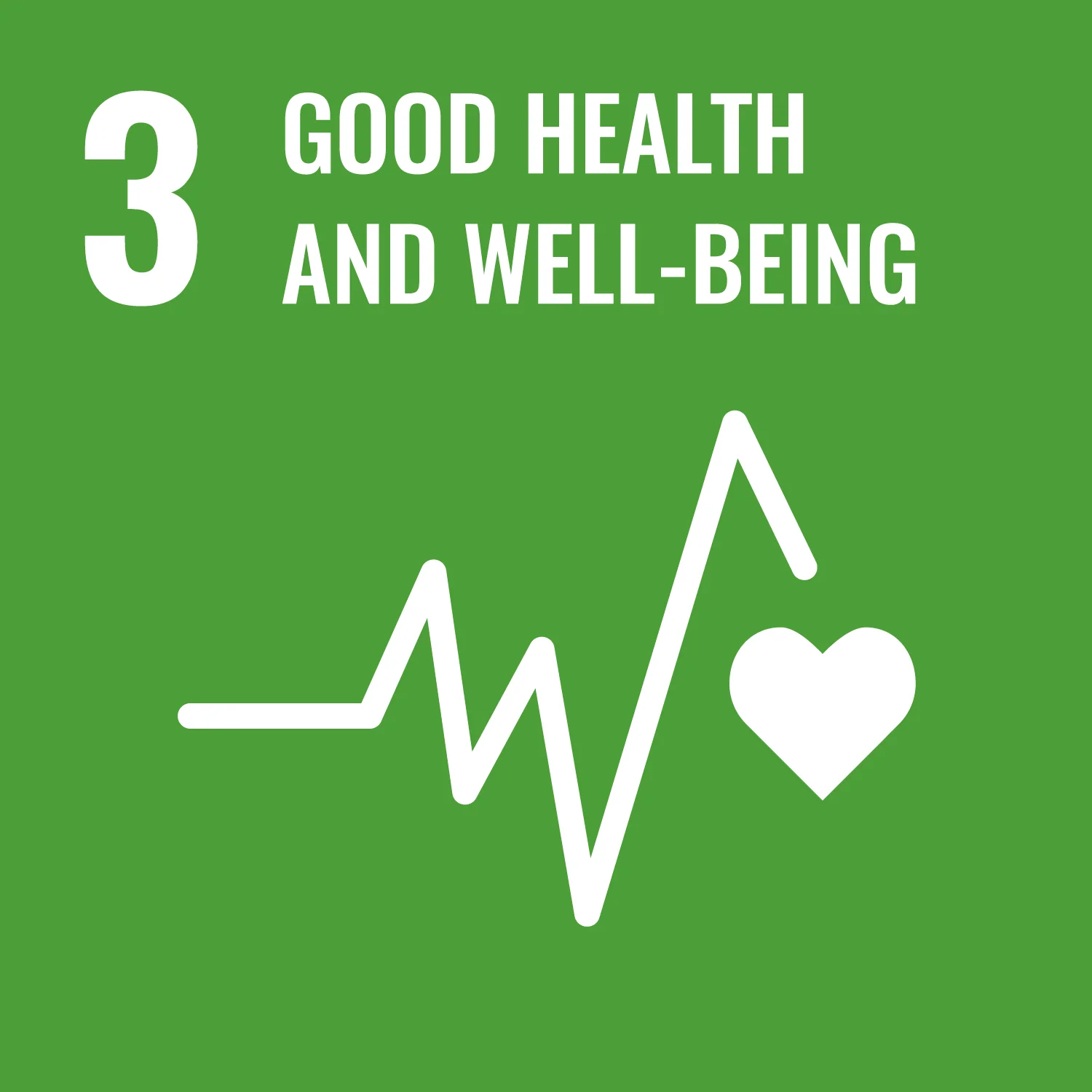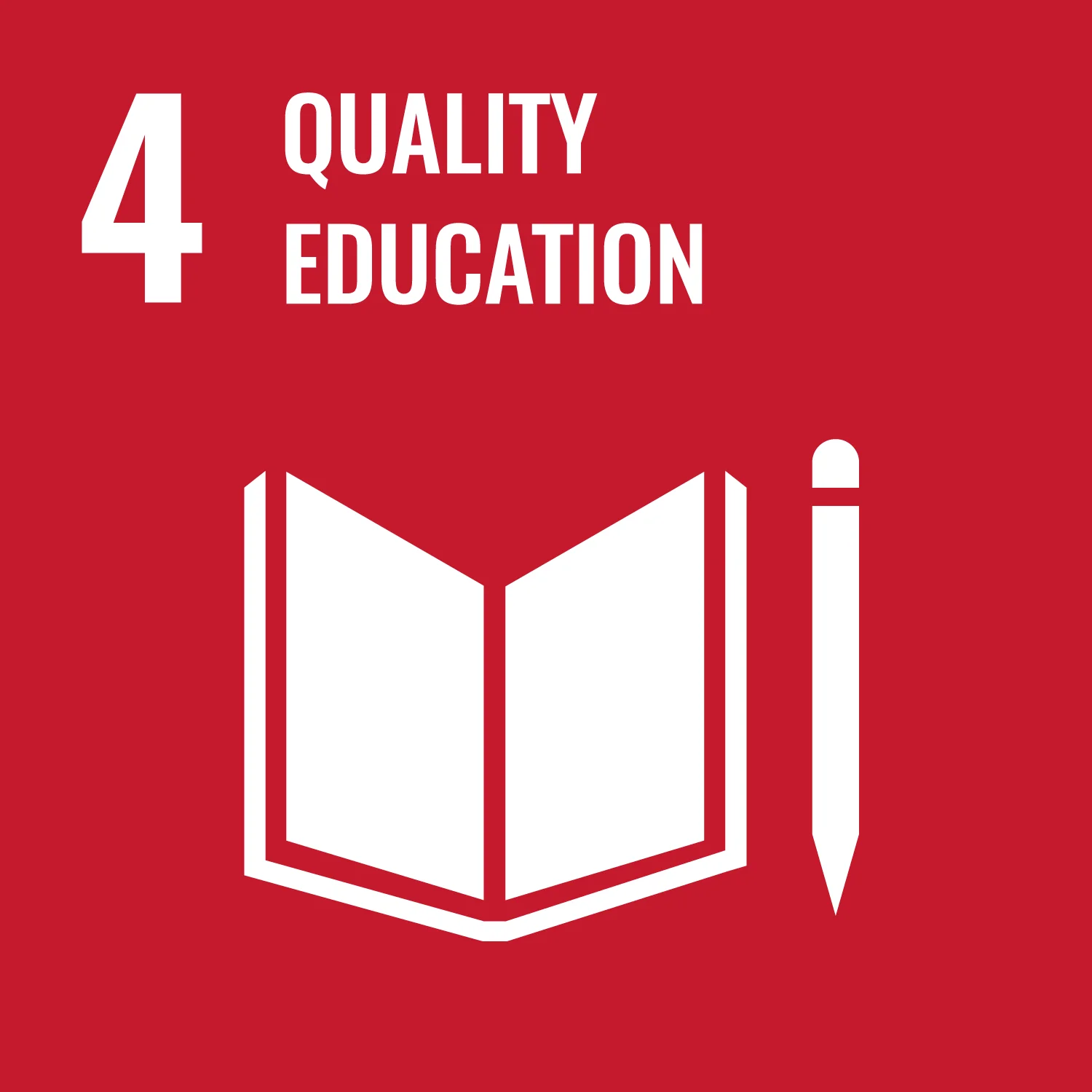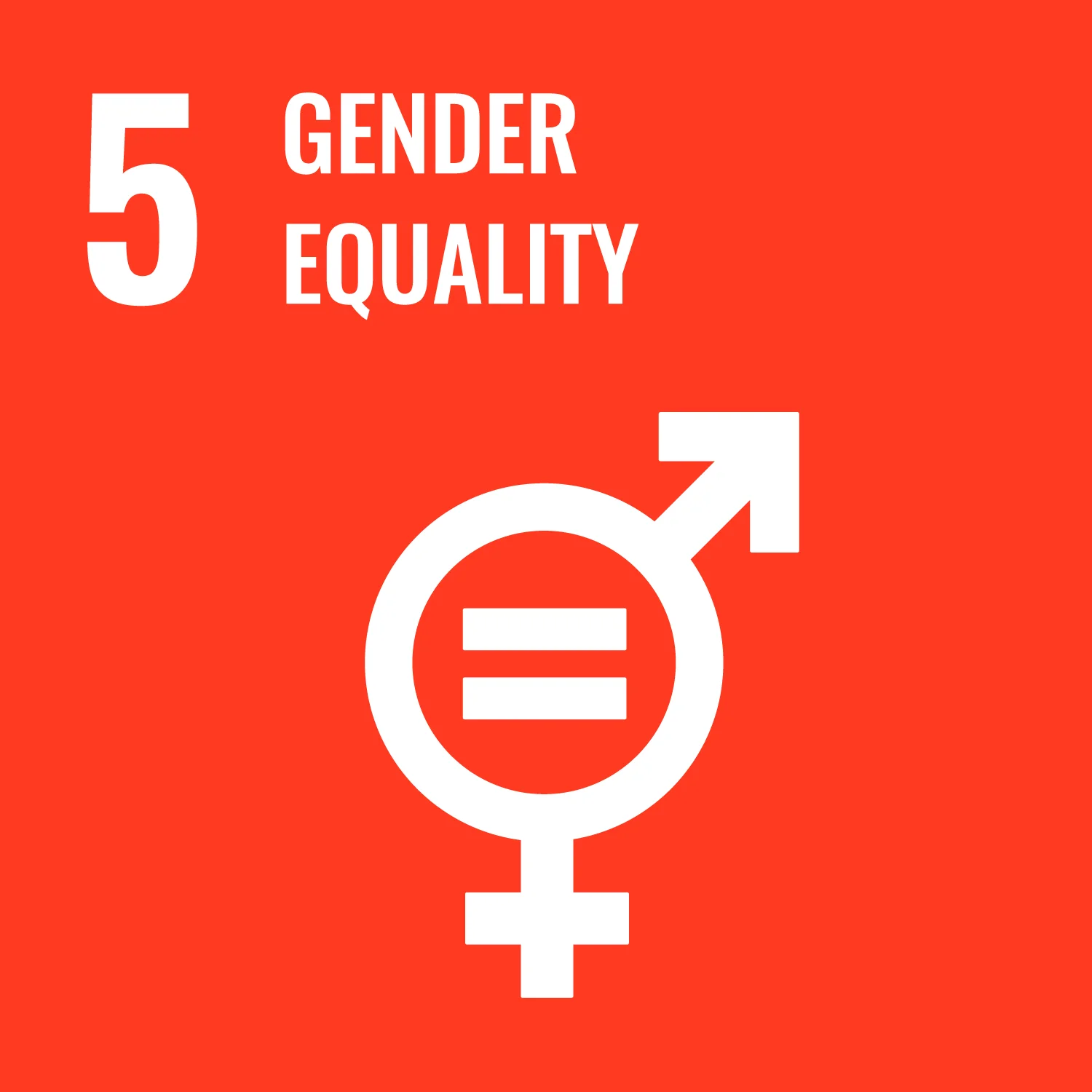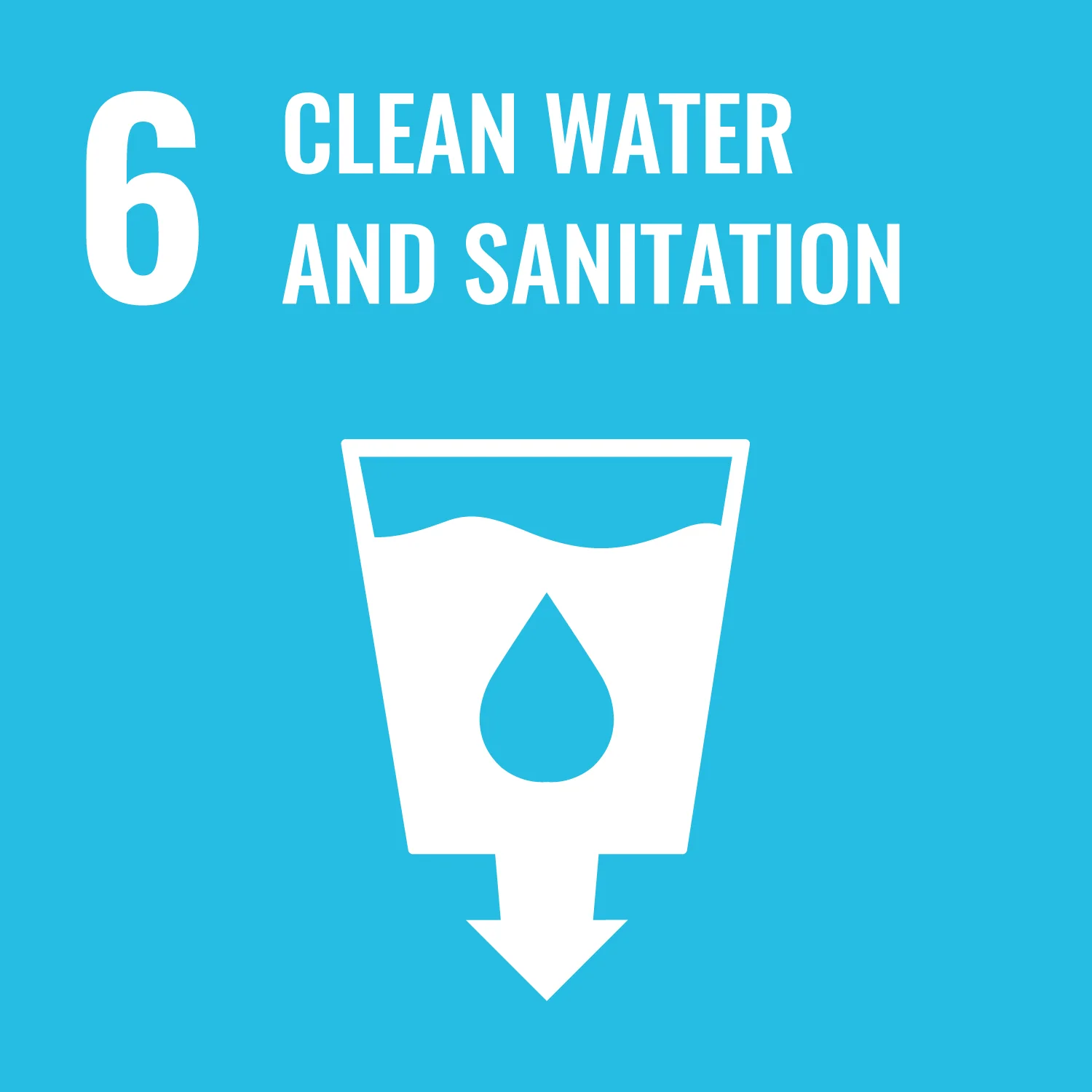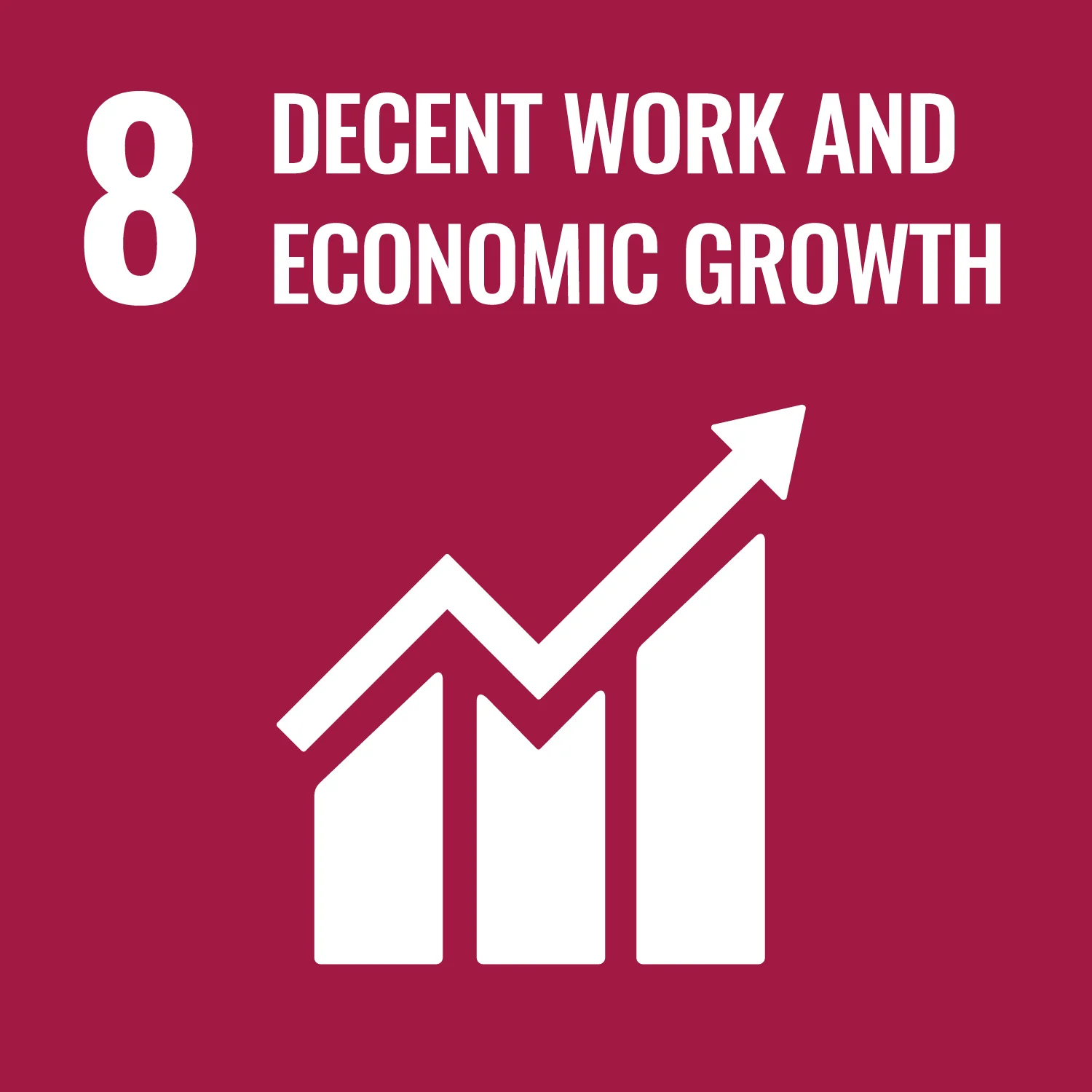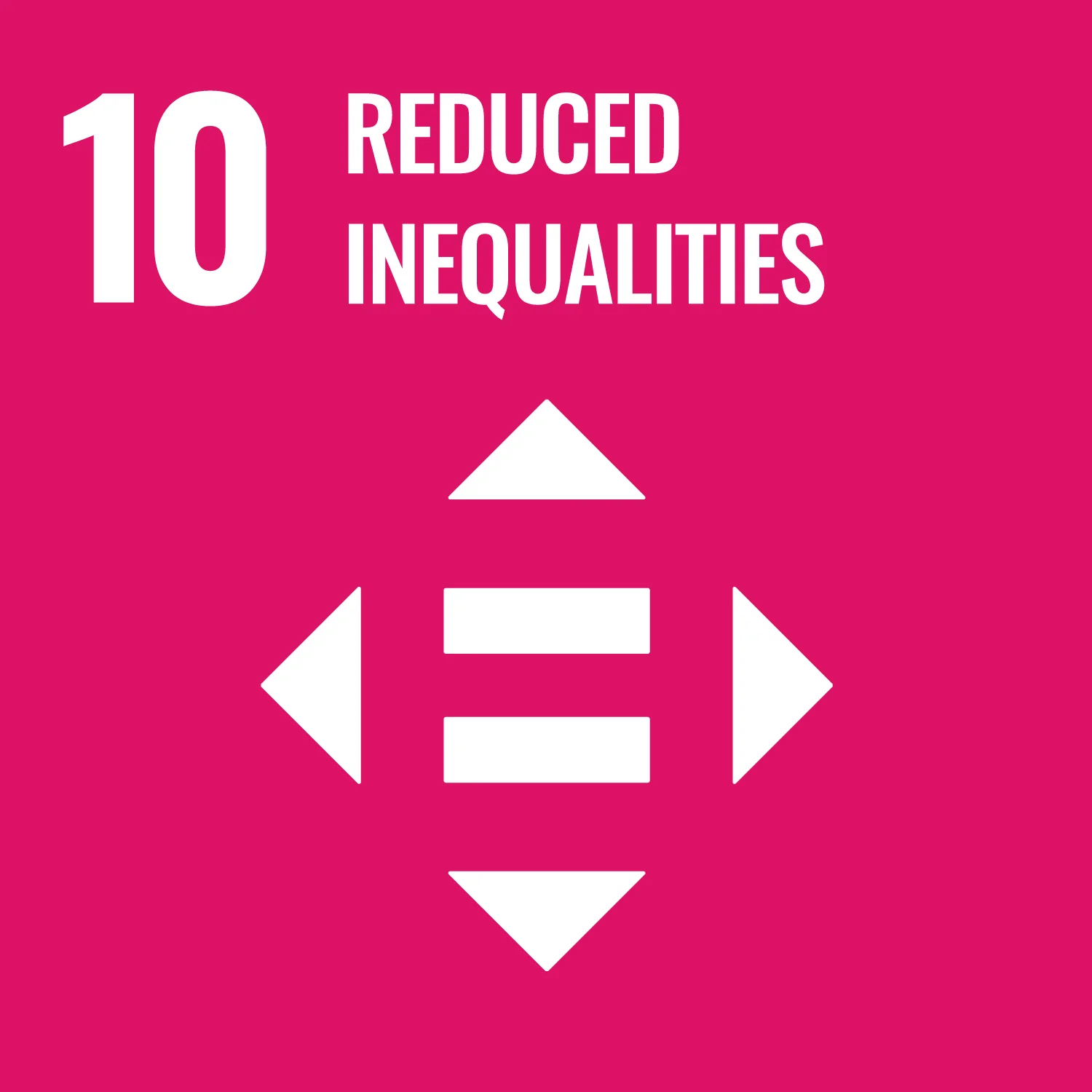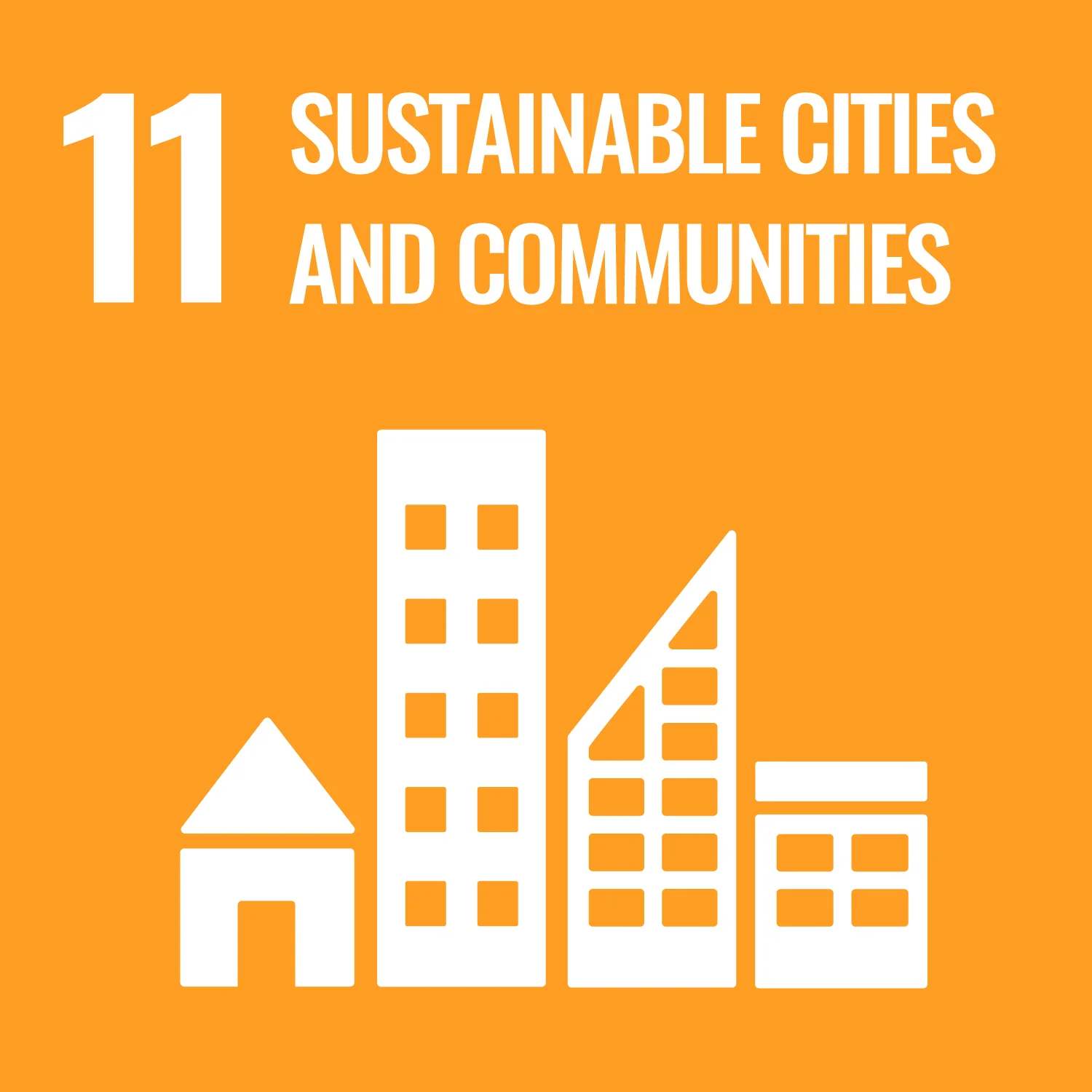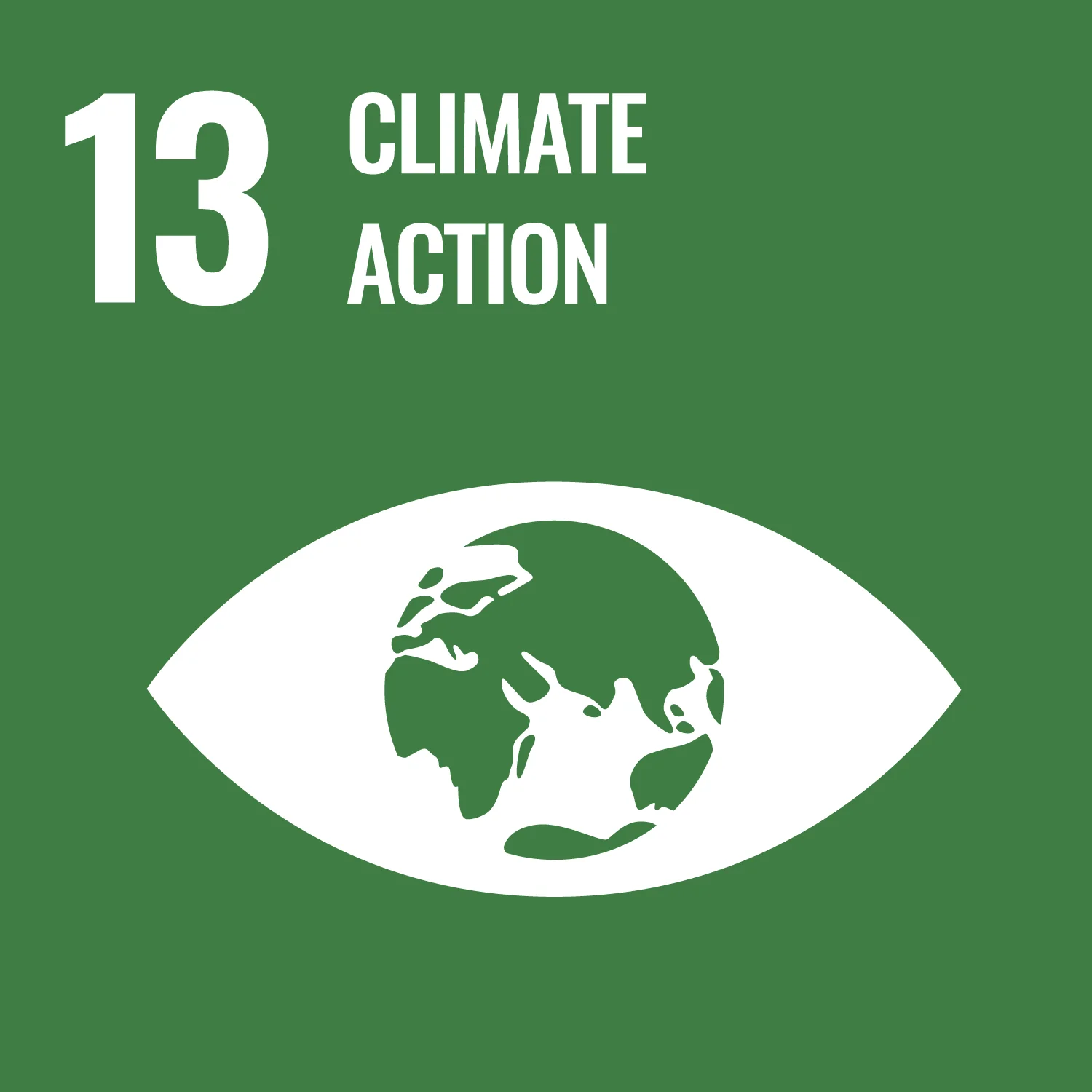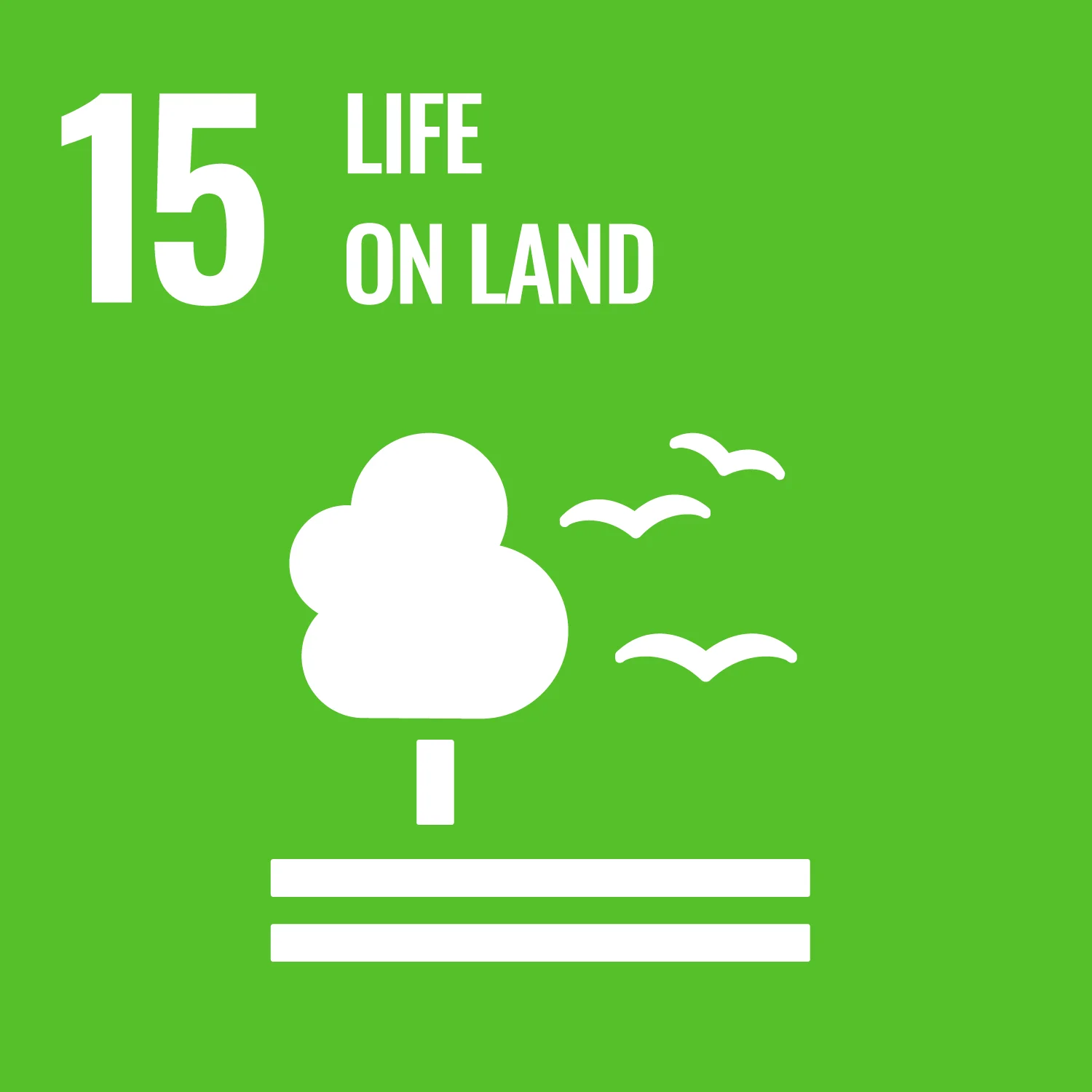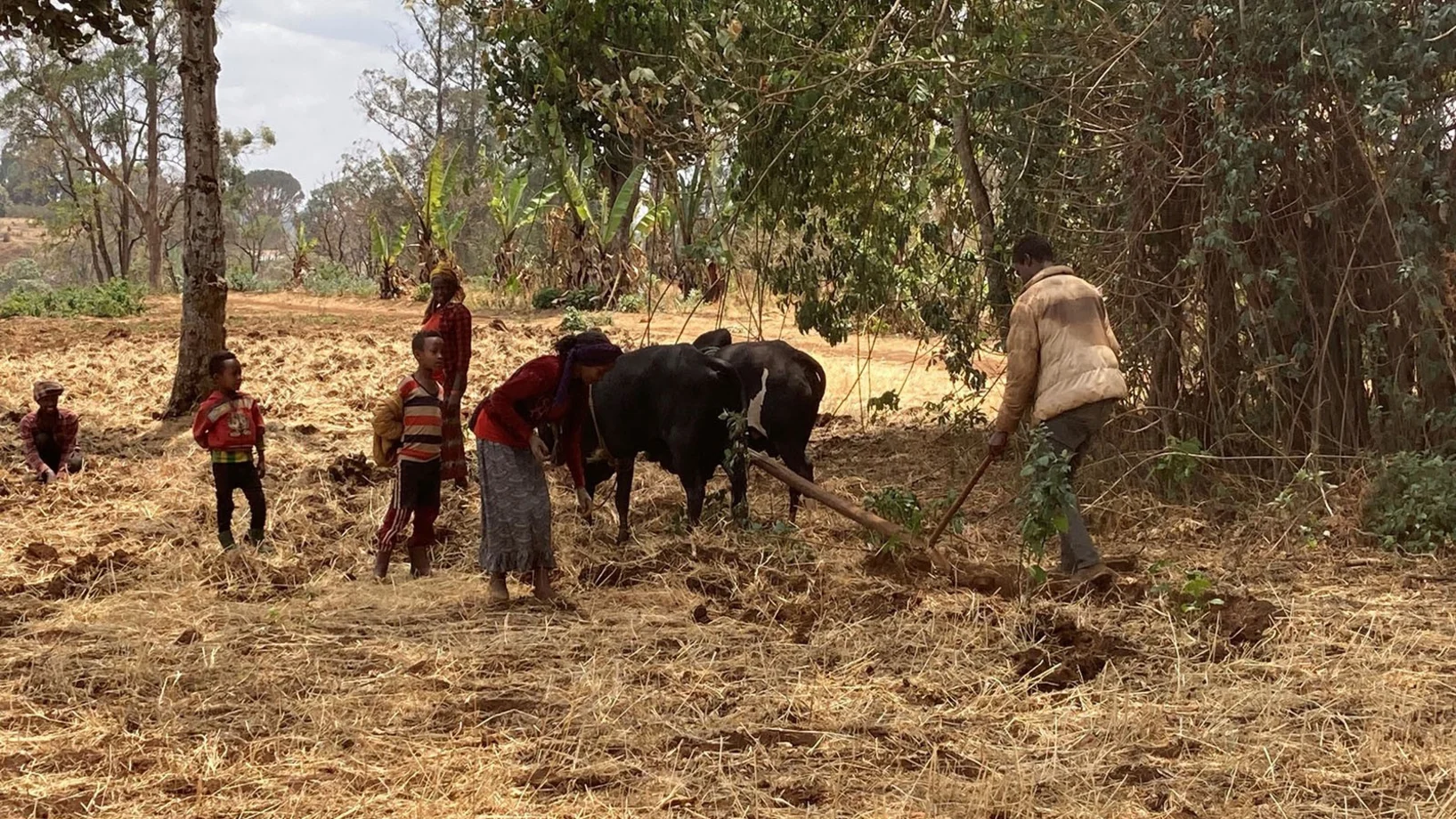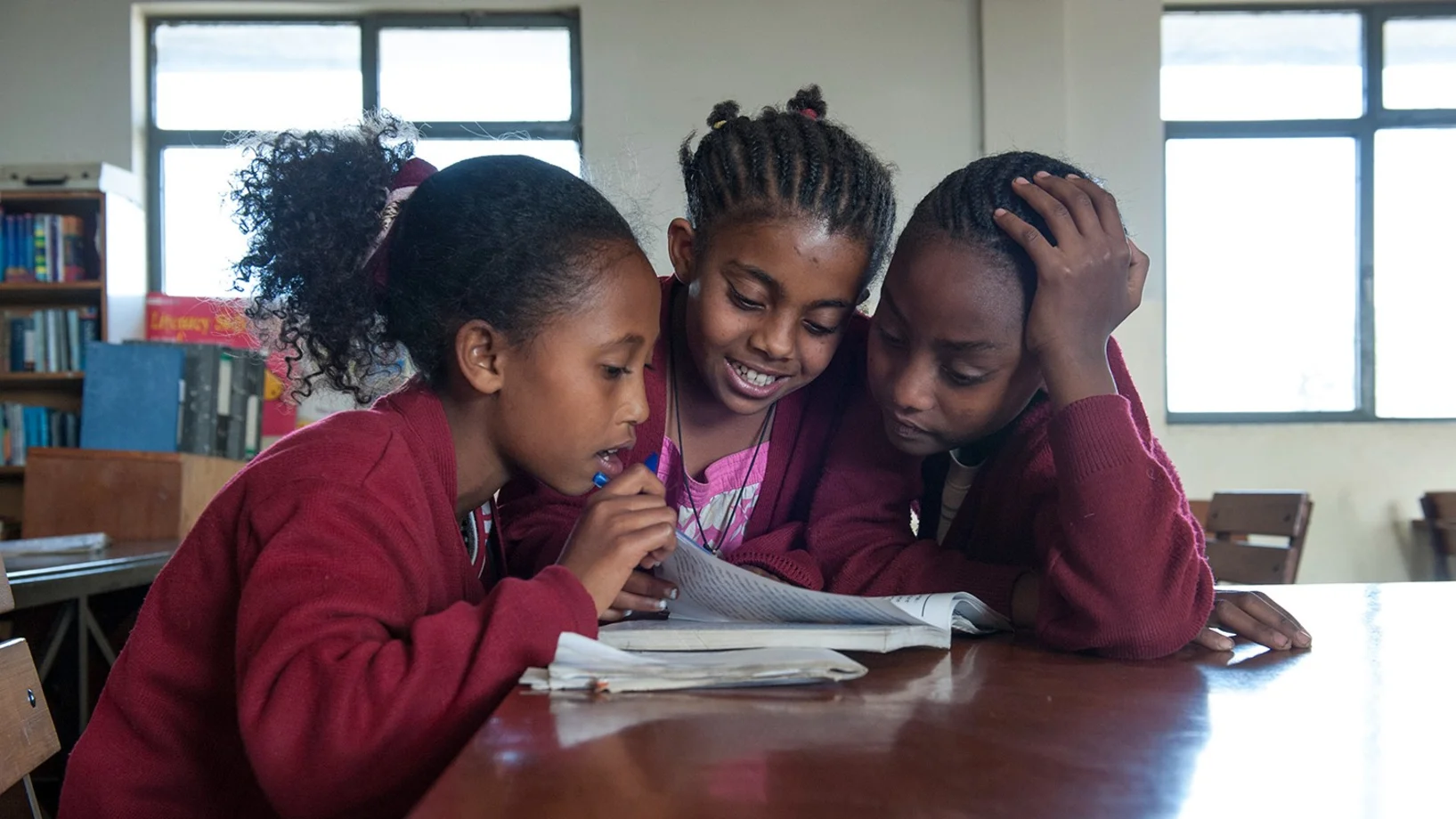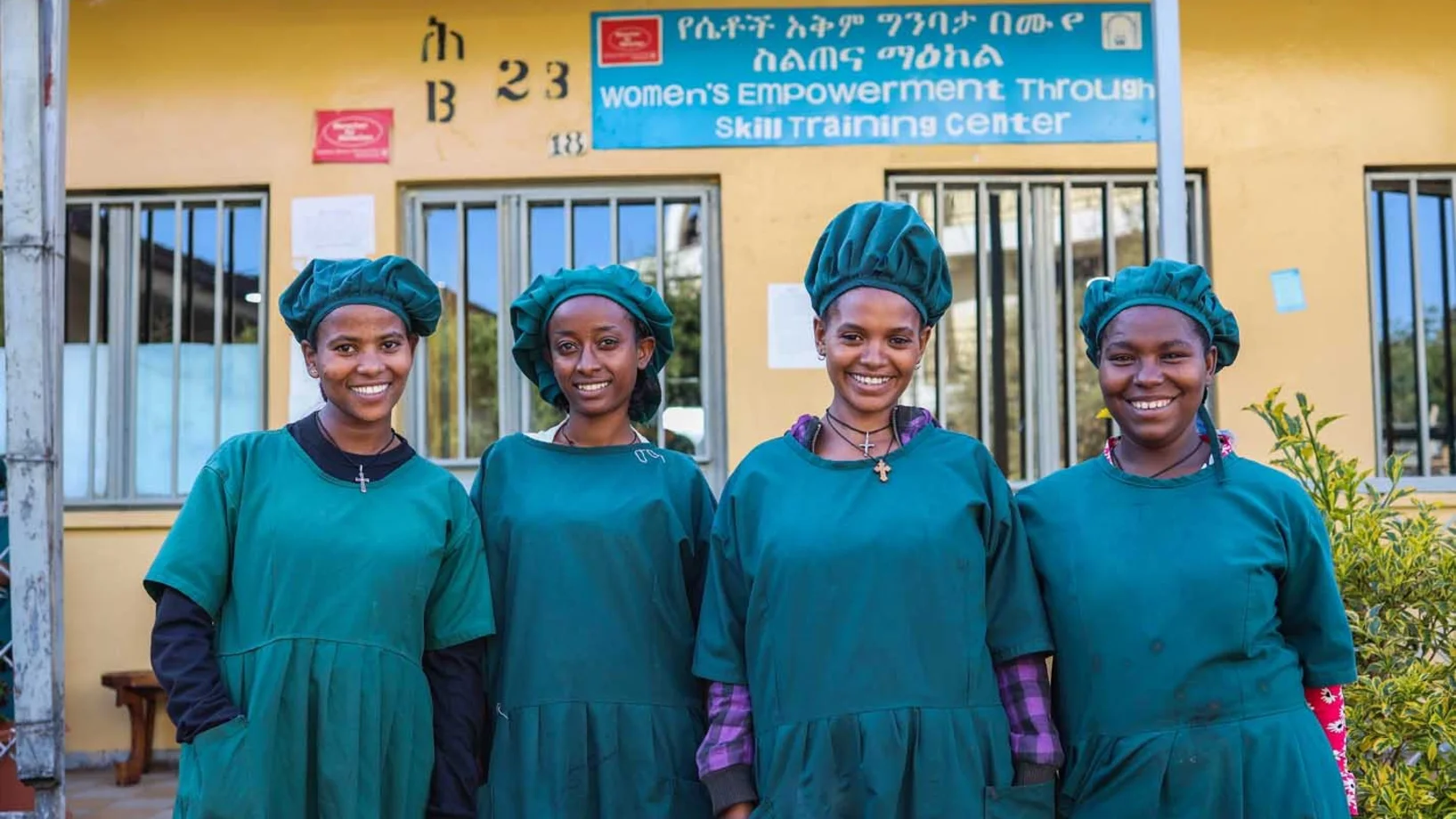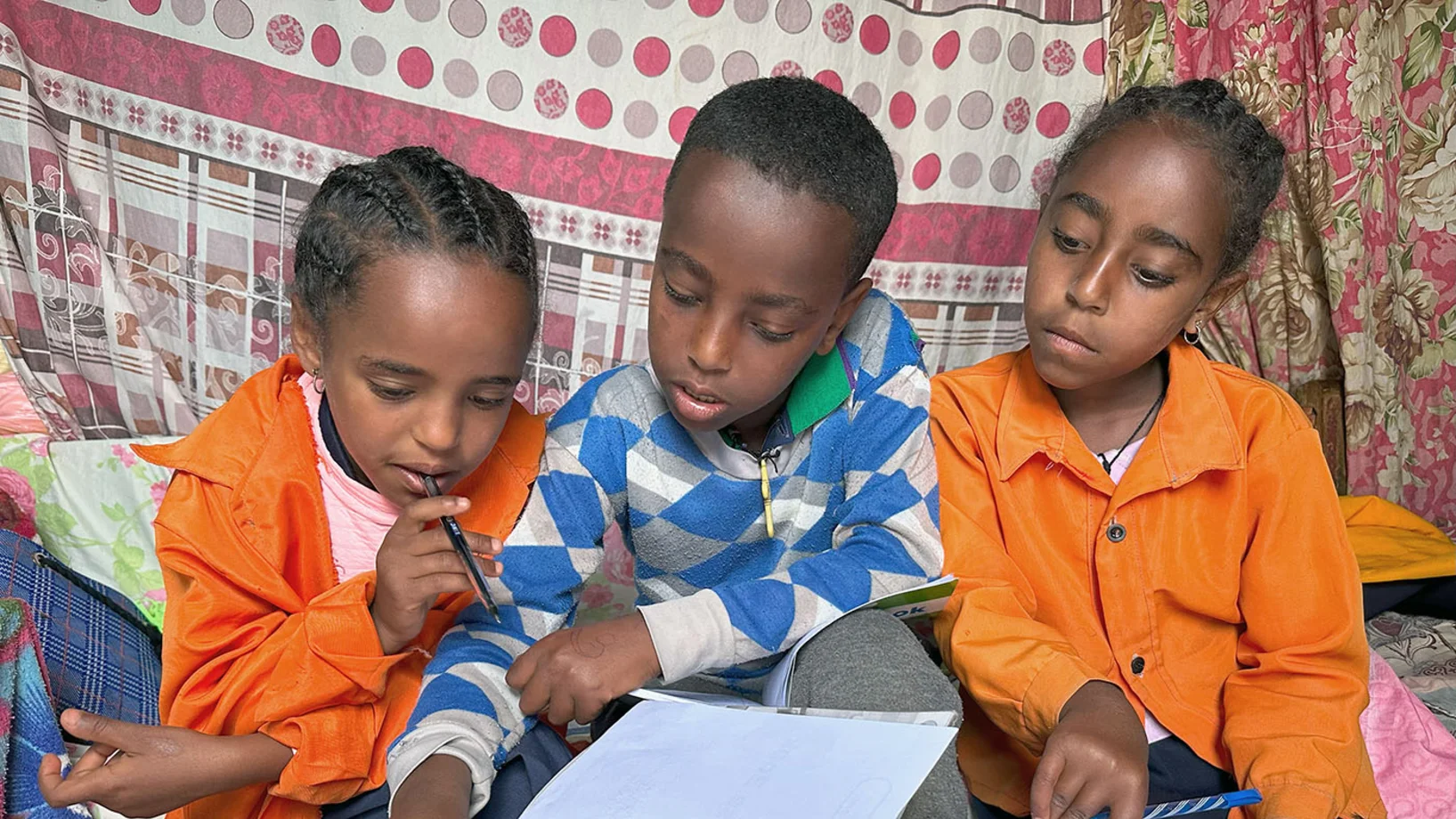Project goal
Education gives people better opportunities in life. Providing access to a basic level of education was therefore the main goal in Merhabete. The medical program was mainly aimed at promoting comprehensive basic care for the general population. In the area of agro-ecology, the main goals were to stabilize the environment and increase agricultural productivity.
Interventions
In order to initiate lasting and sustainable changes in rural areas, Menschen für Menschen relied on the principle of "integrated rural development projects". Together with the population, who contributed a high level of commitment and hard work, measures from various areas that are necessary for sustainable development were implemented and interlinked.
- Water & hygiene: Together with the local population , Menschen für Menschen built wells, spring catchments and rainwater collection basins. In training courses, the farmers learned how to keep the water clean and how to care for and maintain the system. The local population was also informed about important aspects of improved hygiene.
- Health: By building health stations, training medical staff, vaccinating people and carrying out simple operations, Menschen für Menschen improved basic medical care. The foundation also carried out HIV/AIDS awareness programs and advised people on health care issues.
- Agriculture: To combat erosion, Menschen für Menschen helped farmers build terraces and reforest the land. Training gave farmers new techniques to increase crop yields and improve livestock productivity.
- Education: Almost half of all people in Ethiopia were still unable to read or write at the beginning of the project. By building schools, training teachers and running literacy campaigns for adults, Menschen für Menschen helped to improve this situation.
- Promoting women: To improve the living conditions of women and strengthen their social status, Menschen für Menschen implemented various measures. These include: vocational training courses, training in housekeeping and hygiene, and credit programs that enable women to become self-employed.
- Infrastructure: In the remote, rural areas, many small villages are difficult to access. By building roads and bridges, Menschen für Menschen enabled the residents to connect to the world.
Sustainable Development Goals (SDGs)
With the 2030 Agenda, the United Nations has formulated 17 goals for sustainable development. The Sustainable Development Goals (SDGs) are a roadmap for the future that enables a dignified life while preserving the natural foundations of life. With this project, we have contributed to achieving the following goals:

